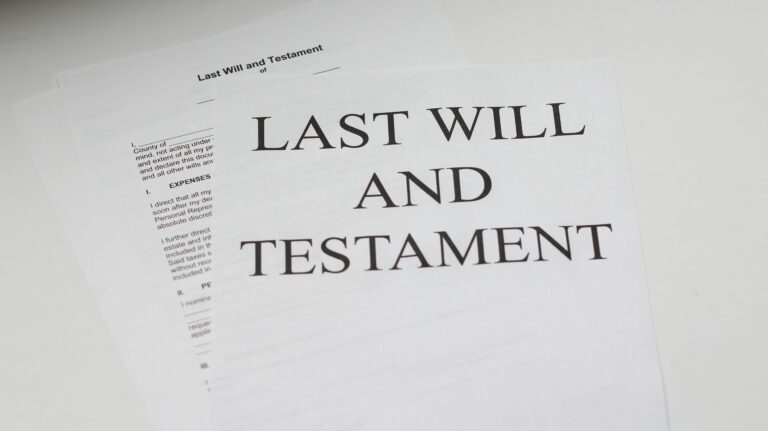
How Estate Plan Protects Your Family
Estate planning is one of many ways to make a difference to your family’s future. Whether starting from scratch or revising a will created many years ago, your estate plan gives you control over your assets and secures your loved ones. The title of a recent article from Florida Today says it all: “Your family’s future is important to you. These estate-planning tips can help secure it.”
If you don’t have a will, get started on this part right away. A will outlines how you want assets to be distributed upon your death. Without one, the probate court in your jurisdiction will determine who receives your property, and while you may not be around to see the results, your family will. If you have a will but haven’t reviewed it in a while, you’ll want to know if it still makes sense for you. Life is all about changes, good and bad, and your will should reflect your current life.
Living trusts keep assets in the family and pass from one person to the next without court involvement. Property owned by a trust goes directly to the beneficiaries without going through the probate process. Even better, trusts are used to appoint a trustee who will manage the assets if you become incapacitated. A trust works while you are living and after you have died. Families with significant assets, blended families and anyone looking for a smooth way to pass assets to loved ones rely on trusts.
People underestimate the importance of a Power of Attorney. A durable power of attorney gives a person of your choosing the legal authority to act on your behalf in financial matters. If you are too sick to pay bills or manage investments, an agent (the person named in the POA) can act on your behalf. Without this document, your family must petition the court to appoint someone to manage your life. The court has no obligation to name a family member or even someone you know to oversee your life. It’s far better to simply have an estate planning attorney create a POA suited to your needs.
You’ll also want an advance healthcare directive, sometimes called a living will, to express your wishes for healthcare in case you can’t. This document includes your wishes regarding life-sustaining treatments, organ donation and end-of-life care. The healthcare directive serves two critical purposes: it allows you to state your wishes and spares your family from not knowing what you want during a healthcare crisis. An emergency is no time for your children to guess what Mom wants.
Beneficiary designations are used in many financial accounts to allow the asset to go directly from the original owner to the beneficiary without going through probate. Beneficiary designations override your will. If you want your nephew to inherit your IRA but your IRA’s beneficiary designation is your spouse, your nephew gets nothing. People who have been divorced need to be extra careful about making sure their beneficiary designations are updated.
Parents of minor children must designate a legal guardian in their estate plan. Establishing a trust to own an inheritance for healthcare, education and living expenses ensures that their guardian will have funds to care for the children. Minors may not inherit property, so making a trust is the best way to protect and control their inheritance.
An estate plan, including a will, power of attorney, healthcare directive and trusts, is central to protecting your family and their future. An experienced estate planning attorney will help identify your concerns and know how to address them in a legally enforceable manner.
Reference: Florida Today (Feb. 8, 2025) “Your family’s future is important to you. These estate-planning tips can help secure it.”









